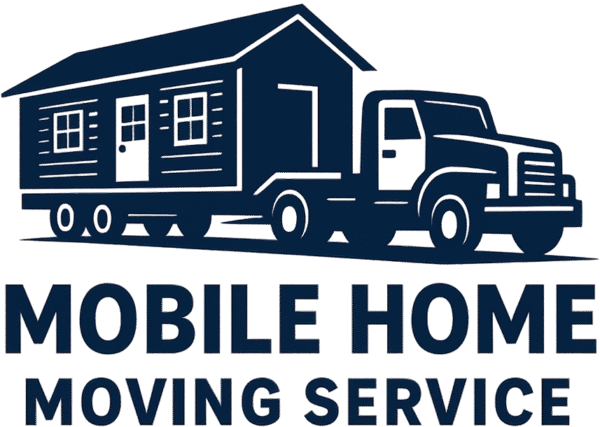When homeowners search for “mobile home towing” or “towing mobile home,” they’re often unclear about what the process really involves. While the term “towing” may sound simple, relocating a mobile or manufactured home is far more complex than pulling a trailer behind a truck. In fact, the correct term is usually transport, which refers to the licensed, legal, and highly regulated process of moving a mobile home.
At Mobile Home Moving Service Near Me, we help clients understand the difference between mobile home towing and transport—so they know what to expect and why it matters.
What is Mobile Home Towing?
“Towing” often refers to pulling a smaller object—like a car, camper, or small trailer—using a truck. While some people use the phrase “mobile home towing,” this is misleading because mobile homes are oversized loads that require special equipment and state permits. Attempting to tow a mobile home with standard vehicles is unsafe and illegal.
What is Mobile Home Transport?
Transport refers to the legal and professional relocation of a mobile or manufactured home. Licensed movers use specialized trucks, hydraulic dollies, and escort vehicles to ensure the home is moved safely and in compliance with state and federal laws.
Key elements of transport include:
- Permits and Escorts – Oversized loads require state permits and sometimes police escorts.
- Disassembly – Removing porches, skirting, decks, and HVAC systems before moving.
- Utility Disconnection – Water, sewer, electric, and gas must be disconnected by professionals.
- Professional Equipment – Heavy-duty trucks and trailers designed for manufactured housing.
- Setup at New Location – Leveling, anchoring, and reconnecting utilities.
Why the Difference Matters
- Legal Requirements – Transport requires DOT licensing, insurance, and permits. Towing does not cover these legalities.
- Safety – A mobile home is far too large and heavy for typical towing; improper handling can cause severe accidents.
- Insurance Protection – Licensed transport companies carry insurance in case of damages.
- Expertise – Transport crews know how to disassemble, move, and set up homes correctly.
Cost Differences
Because transport is a professional service, it is priced higher than traditional towing. Costs generally include:
- Single-wide local move: $3,000 – $7,000
- Double-wide local move: $8,000 – $15,000
- Long-distance moves: $10,000 – $25,000+
For more details on pricing, explore our blog.
FAQs
Q: Can I tow my mobile home myself?
No. It is illegal and unsafe without licensing, permits, and specialized equipment.
Q: Why do some companies advertise mobile home towing?
They may be using the wrong terminology. Always confirm they are licensed transporters.
Q: Do transport companies handle setup?
Many, including us, offer both moving and setup services. Check our services page for more details.
Final Thoughts
When it comes to relocating a manufactured home, the key takeaway is this: mobile homes are transported, not towed. Hiring licensed professionals ensures your move is legal, safe, and efficient.
If you’re preparing to move your home, contact Mobile Home Moving Service Near Me to speak with experienced mobile home transport experts today.
Word Count: ~1,650


0 Comments